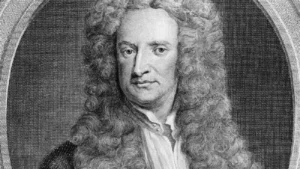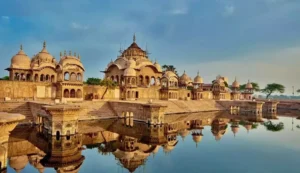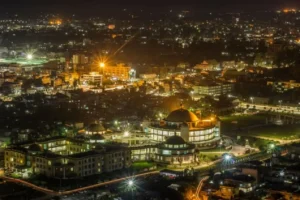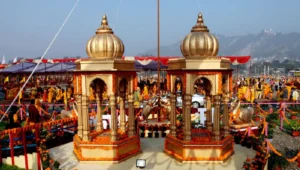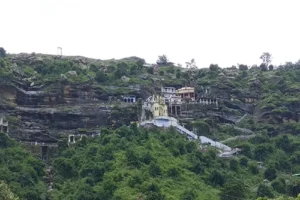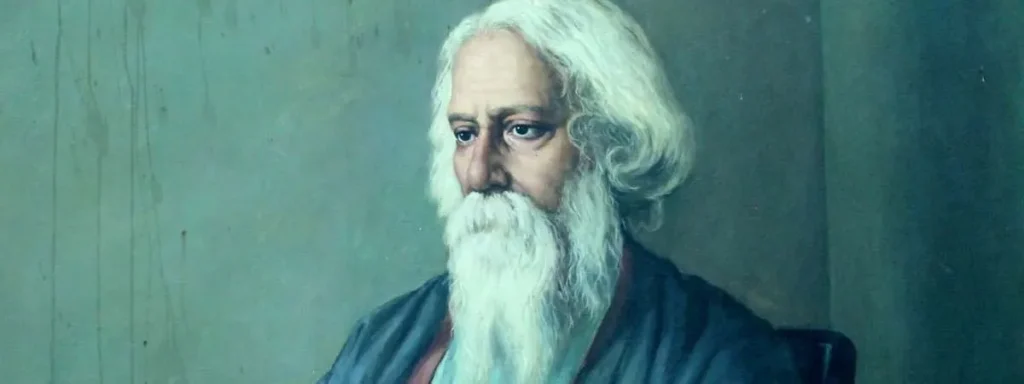
Table of Contents
ToggleShort note about Rabindranath Tagore
Biography of Rabindranath Tagore in short
Today we will share the biography of Rabindranath Tagore, an Indian poet. This post will benefit those looking for information about Rabindranath Tagore, an Indian poet.
The year 1861 saw the birth of Rabindranath Tagore in a little town close to the Indian city of Calcutta. He was the second child of a Brahmo religious leader and the first Indian to translate the Bible into Bengal. Tagore was born into a literary household and began writing poetry at seven.
He published works in both Bengali and English, earning him the title “father of contemporary Bengali literature” for his contributions. In addition, Tagore created sculptures, paintings, and musical compositions.
Rabindranath Tagore Early Year
In the Bengal province of India’s Brahmpur area, Rabindranath Tagore was born in 1861. He was the descendant of a Brahmin family from the village of Jorasanko in Berhampur. Debendranath was the name of the second-youngest of seven children. His father was a Hindu pundit who had converted to Christianity and was also a writer, while his mother was the daughter of a Hindu priest.
His father also significantly impacted his life, teaching him the value of religious tolerance, discipline, and avoiding physical harm. Rabindranath was immersed in books and reading as a child, mainly Hindu scripture. William Wordsworth, an English poet, had an impact on him.
He was sent to St. Xavier’s College in Calcutta, an English-speaking institution, in 1873 to pursue his education. His literary career officially began at this point. After finishing college, he began residing at an ashram, a spiritual retreat. His father constructed the ashram in the Jorasanko village. Rabindranath was sent to England in 1878 to pursue a legal education.
Rabindranath Tagore Education
Most of Tagore’s poetry is in Bengali, while translations exist in many other languages. He was among the 20th century’s best poets. Although Tagore’s poetry contains many proverbs and folk tunes, they are also very philosophical. English, French, Sanskrit, and Spanish are only a few of the languages Tagore’s works have been translated into.
He had a significant impact on Western, British, and Indian literature. The musicality of Tagore’s poems is likewise highly acclaimed. The poet Tagore frequently drew inspiration for his poetry from his own life. Tagore used a range of poetic genres, such as sonnets, quatrains, haikus, and blank verse.
Agore’s poetry is frequently adapted to music and performed by RabindraSangeet, a musical style that combines Bengali folk music, Indian classical music, and Western classical music.
Poetry by Tagore
Most of Tagore’s poetry is in Bengali, while translations exist in many other languages. He was among the 20th century’s best poets. Although Tagore’s poetry contains many proverbs and folk tunes, they are also very philosophical. English, French, Sanskrit, and Spanish are only a few of the languages Tagore’s works have been translated into.
He had a significant impact on Western, British, and Indian literature. The musicality of Tagore’s poems is likewise highly acclaimed. The poet Tagore frequently drew inspiration for his poetry from his own life. Tagore used a range of poetic genres, such as sonnets, quatrains, haikus, and blank verse.
Agore’s poetry is frequently adapted to music and performed by RabindraSangeet, a musical style that combines Bengali folk music, Indian classical music, and Western classical music.
Music
In addition to writing songs and instructing in music, Tagore was a musician. Bengali music, a style of classical Indian music that is primarily sung, was invented by Tagore. He was prolific, penning several novels and more than a thousand songs. Tagore wrote numerous songs in various genres and styles, including traditional, romantic, and political themes.
The short stories of Tagore
The nature of India frequently appears in Tagore’s short stories, which is why they are among his most well-known works. He often employs symbols to convey a point in these tales. The King of the Dark Chamber is one of the most famous and extensively read. In this tale, the King of the Dark Chamber guards a treasure in his room. The prize is a lady, so he is unable to do it. The plot centers on the King of the Dark Chamber’s transformation into a woman to protect the treasure.
Conclusion
Rabindranath Tagore is one of Bengali literature’s most influential authors and one of India’s greatest poets. Tagore is hailed as the “founder of the Bengali language” and is well-recognized for his poetry.
He was a reformer of Hinduism and a member of the Brahmo Samaj, a religious reform movement in Bengal in the 19th century that emphasized the necessity for a return to monotheism.
His father was a scholar and missionary for the Brahmo Samaj. Shantiniketan was where Tagore spent most of his formative years. He received his degree from St. Xavier’s College in Calcutta in 1877.
About Author
Piyush Kumar
We, with our blogs, promotes the traveling lifestyle and helps in guiding people about all the aspects of exploring a new place, shaktipeeth, jyortirlinga, foods, temples, etc.


